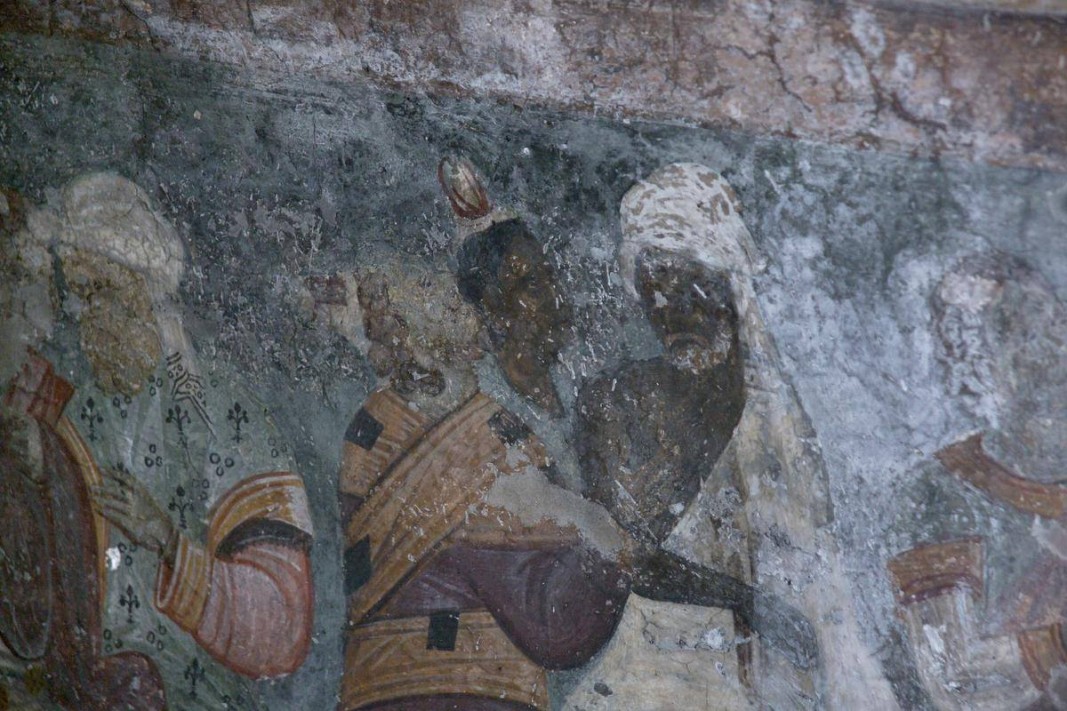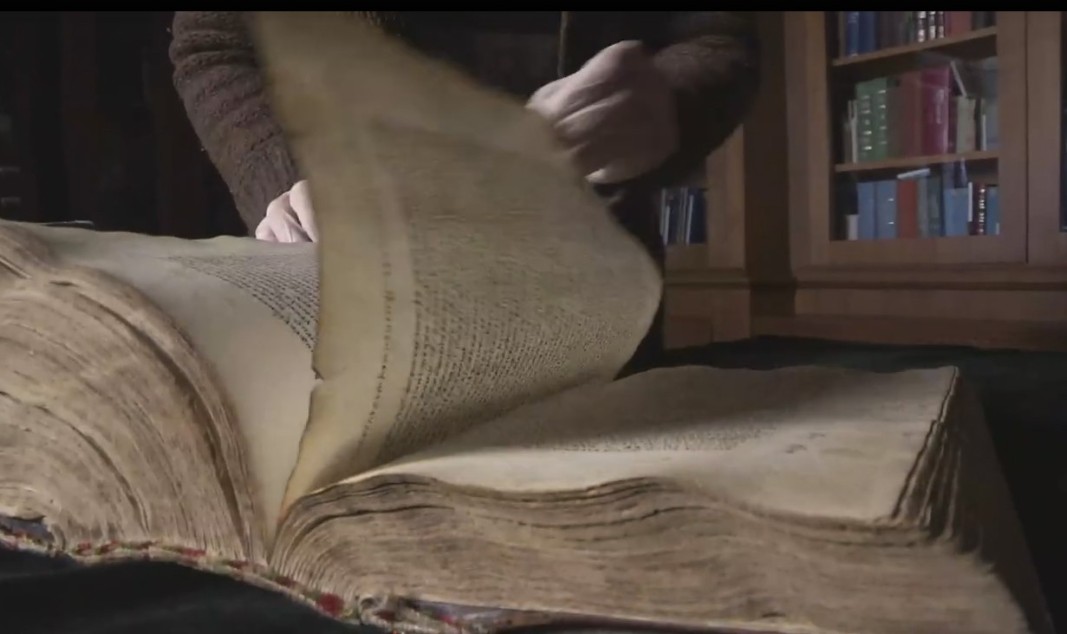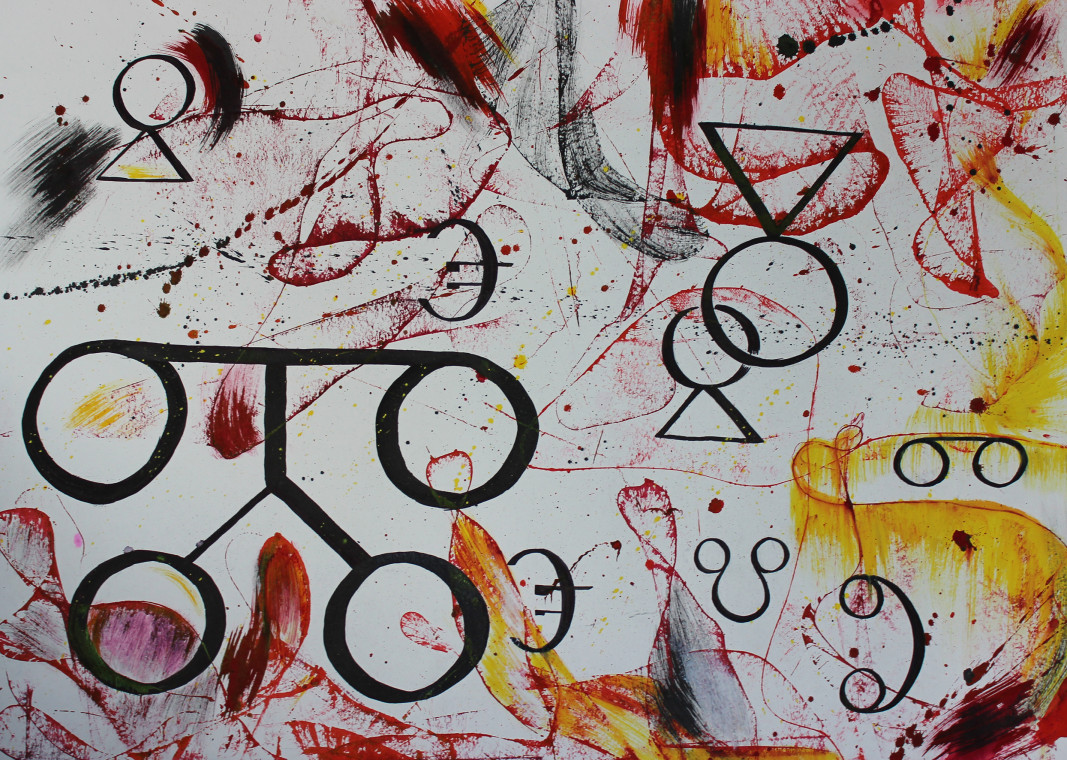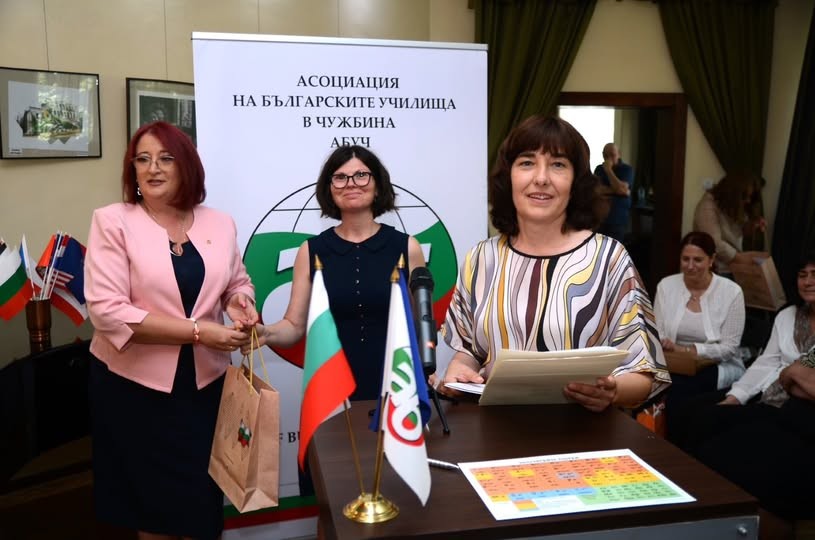An e-learning platform developed by scientists at the Cyrillo-Methodian Research Centre at the Bulgarian Academy of Sciences facilitates the introduction of the scientific approach in secondary education. The information is free of charge and is available on the website of the institution.
Several courses can be found in the module "Educational Package – Students,", tailored to the curricula in Bulgarian language and literature, history and civilizations.

"The platform presents fundamental knowledge that complements the curriculum in these subjects, as well as content related to the Cyrillo-Methodian studies, which emphasizes the work of the holy brothers and their disciples, and their role in shaping Bulgarian national identity", said Professor Veselka Zhelyazkova, Director of the Cyrillo-Methodian Research Center.

The lessons are developed interactively - with many illustrations, audio and video materials, excerpts from fiction literature, interesting facts and independent assignments that spark students' interest and creative thinking.
"The video lessons trace key moments from the lives of Cyril and Methodius and their disciples, tell the story of the creation of the Glagolitic and Cyrillic alphabets, introduce emblematic works from the Golden Age of Bulgaria, outline Bulgaria's role among the Slavic nations and affirm its irrevocable cultural presence on the European continent. Of course, these lessons are tailored to the linguistic abilities of students studying Bulgarian language and history in a foreign-language environment", added Professor Veselka Zhelyazkova.

The course "The Cyrillo-Methodian Mission – 10 Short Episodes", aimed at Bulgarian Sunday schools abroad, deserves special attention. Lecturers from the Cyrillo-Methodian Research Center frequently visit these educational centers and participate in international academic forums, such as the one recently held in London, dedicated to artificial intelligence in education.
"Two years ago, we organized a competition named ''Traces of the Cyril and Methodius’ Work Around the World'', aimed at both Bulgarian and foreign students, and we were surprised how many pupils from Sunday schools abroad participated in it", recalls Professor Veselka Zhelyazkova. "It was held in several categories — research project, essay and story, and drawing — and 142 students took part in it, most of them from Bulgarian schools abroad. We also published a nice book featuring the award-winning works."

According to the director of the Cyrillo-Methodian Research Center, the video lecture series on Cyrillo-Methodian studies is also enjoying great interest. It is intended for a broad, inquisitive audience and can be found on the institution’s YouTube channel. “It contains 24 topics dedicated to important events, literary works and cultural phenomena from medieval Bulgarian history and literature, as well as their reflection during the National Revival and modern times”, explains Professor Veselka Zhelyazkova.
Scientists from Bulgaria and abroad also consult the platform, as the educational courses are only part of it, and many of its features are useful for those involved in science. The most recently uploaded materials are subtitled in English to reach the widest possible audience, especially since the Cyrillo-Methodian Research Center collaborates under the Erasmus+ program with 13 universities from six European countries.
Summer in Bulgaria is an exciting time, not only for tourists. June and July are intense months for young people finishing secondary school and about to take the next step in their lives by choosing a university and a career path. In recent years,..
Colourful, ethereal, and subtle, butterflies are everywhere around us – day and night, in the city and in the countryside. However, zoologists warn that their butterfly dance has become increasingly rare in recent years in European countries , including..
The consulates of a country abroad are usually seen simply as the place where citizens go when they need assistance—whether to obtain documents or resolve problems that arise during their stay in a foreign country or in the event of a natural disaster...
During rescue excavations in the western necropolis of the ancient city of Heraclea Sintica near the village of Rupite, archaeologists unearthed a..

+359 2 9336 661
